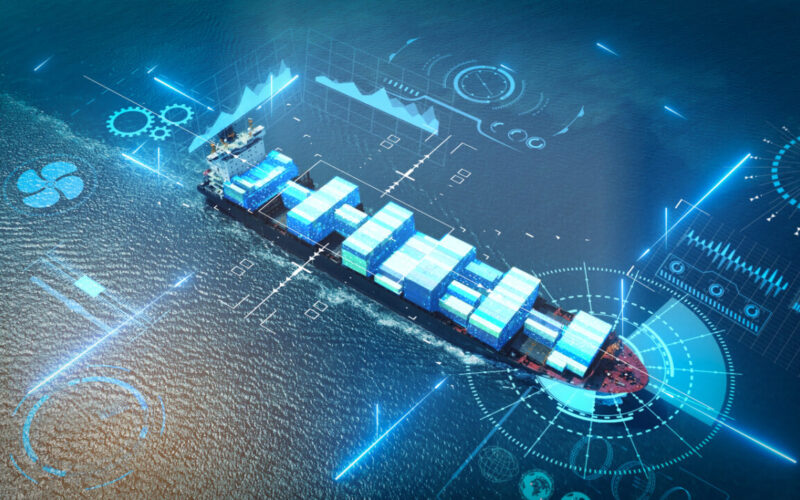COSCO SHIPPING Energy Transportation (COSCO) and COSCO SHIPPING Bulk (COSCO Bulk) have joined the Global Shipping Business Network GSBN consortium and issued the first electronic bills of lading (eBL) for energy and bulk shipments.
Following the completion of its digital platform integration with IQAX’s eBL application built on GSBN’s blockchain infrastructure, COSCO Bulk and COSCO Energy have now embraced the platform to connect with stakeholders across the value chain and significantly improve the security and consistency of the title transfer with immutable records.
As part of this, COSCO Bulk issued its first eBL for Yancoal, an Australian-based coal producer, connecting the entire business chain including banks, traders, miners, and end-users.
COSCO Energy also issued the first eBL for 30,000 tonnes of domestic trade marine oil for the shipment of China National Offshore Oil Corporation this month.
The bill of lading was confirmed by the upstream and downstream parties and returned to the carrier to complete the release.
The extended coverage of eBL to cover all types of cargo is also expected to empower banks to provide a wider range of trade finance services to the industry.
READ: GSBN enables paperless cargo release at Qingdao Port
Traditionally, both bulk and energy shipments have relied heavily on letters of indemnity (LOIs) as proof of shipment ownership to authorise cargo release to the consignee in the absence of an original bill of lading.
However, the usage of LOI is not without risk for carriers as cases of misdelivery using LOI are common.
READ: GSBN, ONE collaborate to further maritime digitalisation
Bertrand Chen, CEO of GSBN said: “Our goal has always been to develop GSBN into a platform that can support the full spectrum of shipping.
“This announcement therefore represents a significant milestone for the consortium and the digitisation journey for the industry.
“The successful issuance of eBLs for bulk cargo and energy shipment will also unlock greater trade finance for the industry as banks want a single point to interface with all types of eBLs and trusted shipping data, especially for high value cargo such as bulk and energy transportation,” Chen added.
Earlier this summer, GSBN signed a knowledge partnership agreement with the Global Centre for Maritime Decarbonisation (GCMD).








